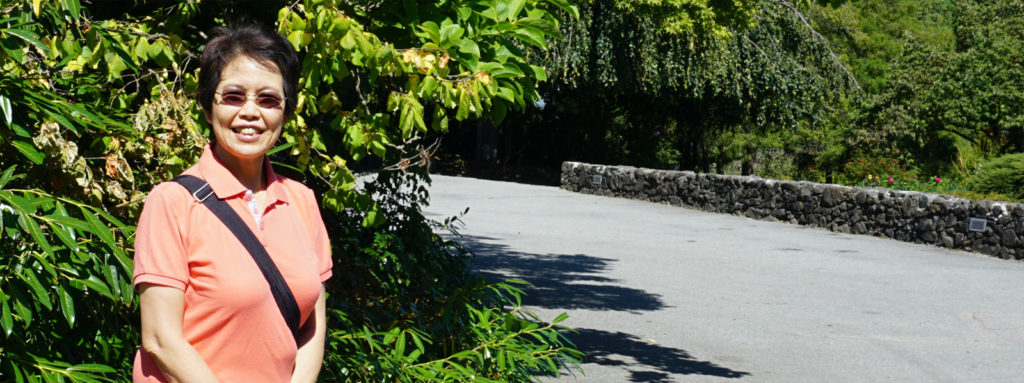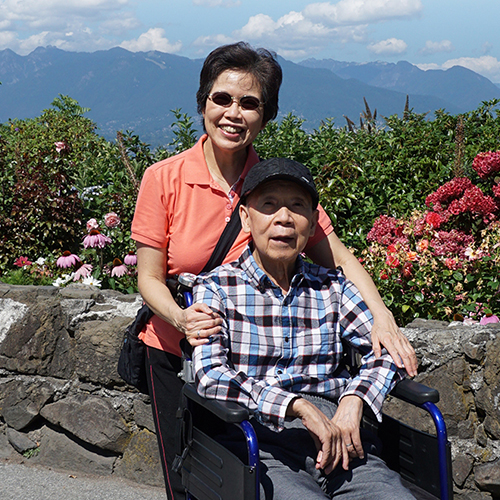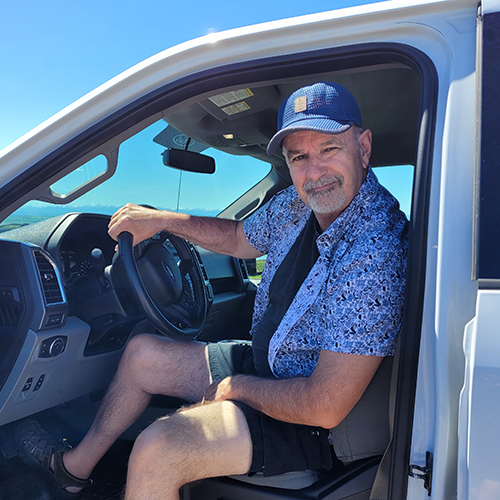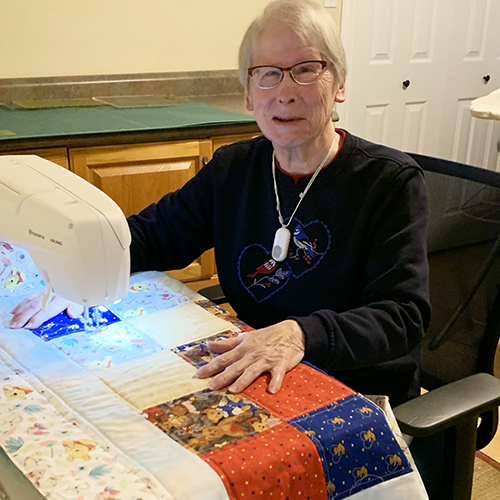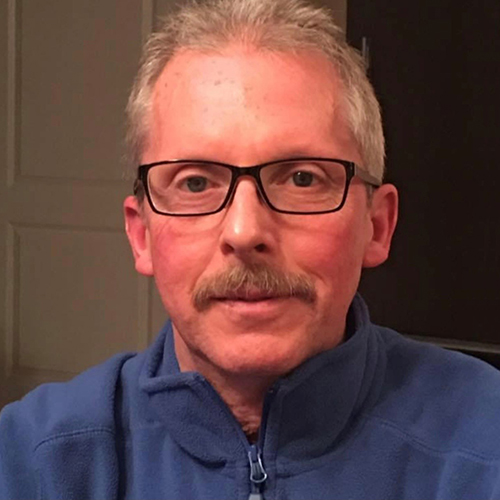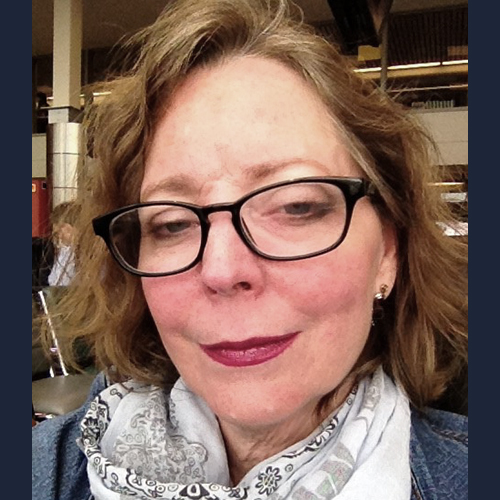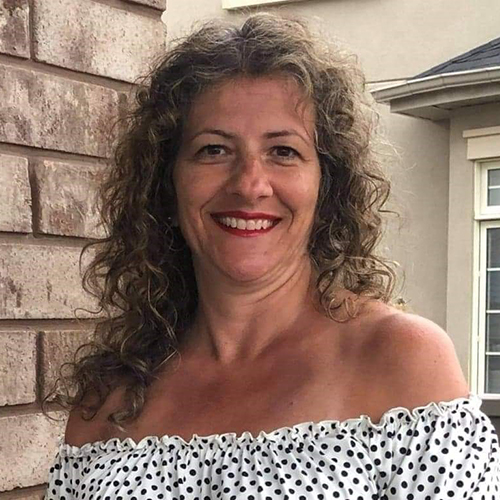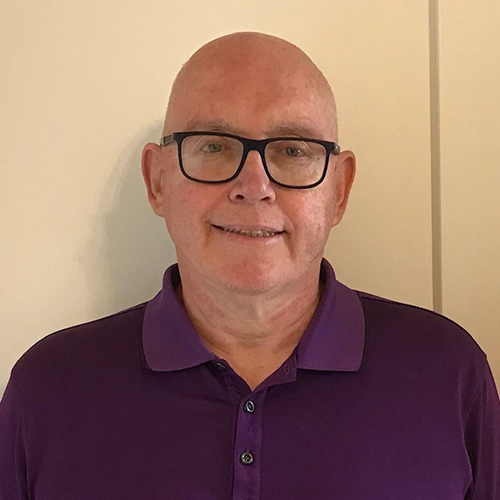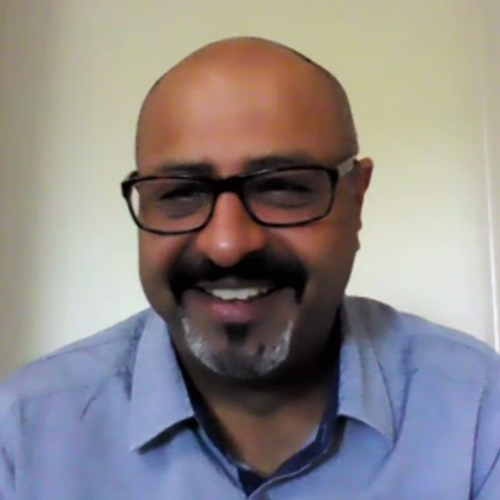In December of 2014, Anita Lam’s husband, Thomas, fell three times. That’s when she took him to a neurologist. Brain imaging revealed that he’d probably had several transient ischemic attacks, or TIAs, which are small strokes.
After that, Anita became Thomas’ full-time caregiver. “I have to be there all the time,” she says. “Even when he goes to the bathroom. It’s a lot of pressure.” Fortunately, they found the Strathcona Stroke Recovery Group (run by the Stroke Recovery Association of BC, an affiliate of March of Dimes Canada).
“Thomas was very mobile before. Now he tires easily and gets frequent headaches. He shuffles when he walks, and has trouble supporting his upper body, which makes him unsteady. He occasionally chokes on food and liquid, his movement is limited, and he needs a wheelchair when we go out. He tries to walk at home, which is good, but there’s always the risk he’ll fall.”
She squeezes chores and errands into the 45 minutes he spends napping each day, or when personal support workers come to help him wash and do his exercises. The only other time she gets to herself is after Thomas goes to bed at around 11 p.m. By then, she’s exhausted.
The chance that Thomas will fall is Anita’s greatest fear and biggest challenge. It means she is nervous about ever leaving Thomas alone.
